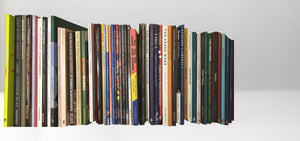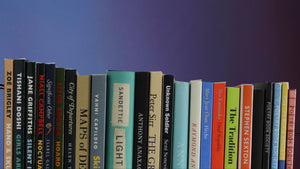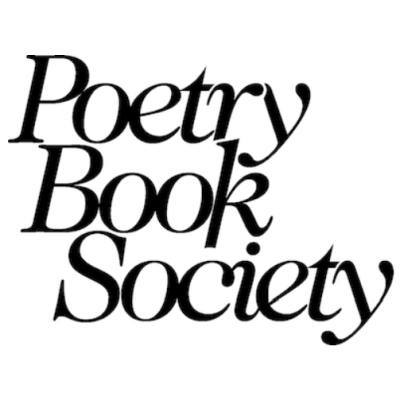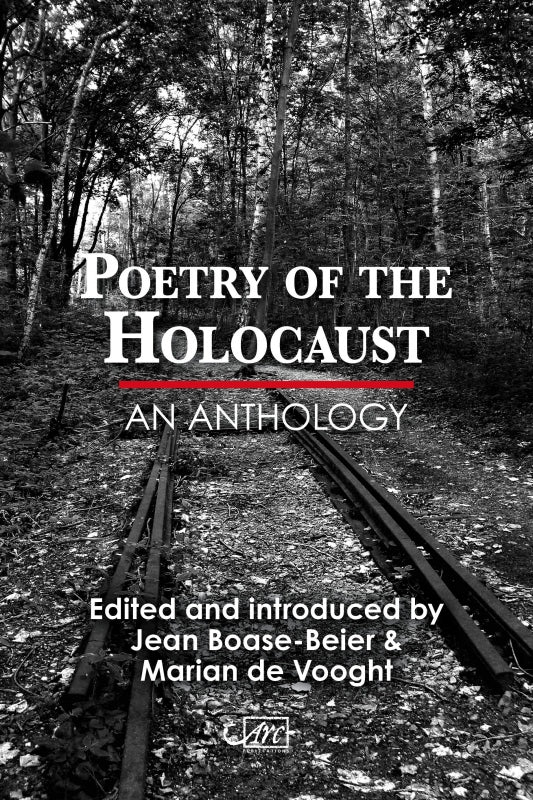Poetry of the Holocaust
Edited and Translated by Jean Boase-Beier and Marian de Vooght.
Some Holocaust poems were written before the full catastrophe unfolded, as a warning or to express fear or foreboding. Others were written when the Nazi killing had begun, in a ghetto or concentration camp, in hiding, or in exile, or by someone who was not directly caught up in events, but was affected by them. And often poetry was written later, reflecting on loss, or the effects of the Holocaust on ways of thinking, on language and on poetry.
The term 'Holocaust' is used first and foremost to refer to the planned and systematic murder of the Jews, which began with their exclusion from cultural activity in Germany in 1933 and had resulted, by 1945, in the destruction of 6 million. It also encompasses the murder of those perceived to have disabilities, of Roma and Sinti people, of Jehova's witnesses, of political and religious opponents of the Nazi regime, of homosexual men. Holocaust poetry is writing that, unlike factual or documentary writing, uses the particular means of poetry - its poetic style, use of sound or ambiguity or unusual metaphor, or its layout on the page - to engage the reader.
In this anthology Jean Boase-Beier and Marian de Vooght (helped by many translators, advisors, and experts of one sort and another) hope to give a fuller picture than do most Holocaust anthologies of the poetry that arose from the Holocaust. Here there are poems from languages that are less often associated with the Holocaust (such as Norwegian or Japanese) and there are poems by gay people, by and about those victimised for perceived disabilities, or for their religious or political beliefs. It is of course not possible to cover the vast range of Holocaust poetry in one small anthology. But perhaps a wider-ranging collection might help readers who are less familiar with the facts of the Holocaust to find a way in, and to empathise on an individual level with the many people who suffered, and are still suffering. Perhaps - because poetry engages the reader's emotions in a way that documentary writing cannot - it might also help us examine our thoughts and ways of behaving.
Much has been made, and we will not relate it here, about philosopher Theodor Adorno's uneasiness with poetry after such terrible events. The answer that the poets in this anthology give, by having written poems during, and about, such events, is that such poetry is not only possible but absolutely necessary.

MEMBERS ENJOY 25% OFF ALL POETRY BOOKS

Join the Poetry Book Society for 25% off all books
Join the Poetry Book Society for 25% off all books

